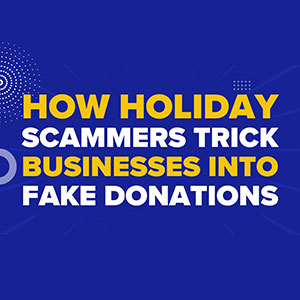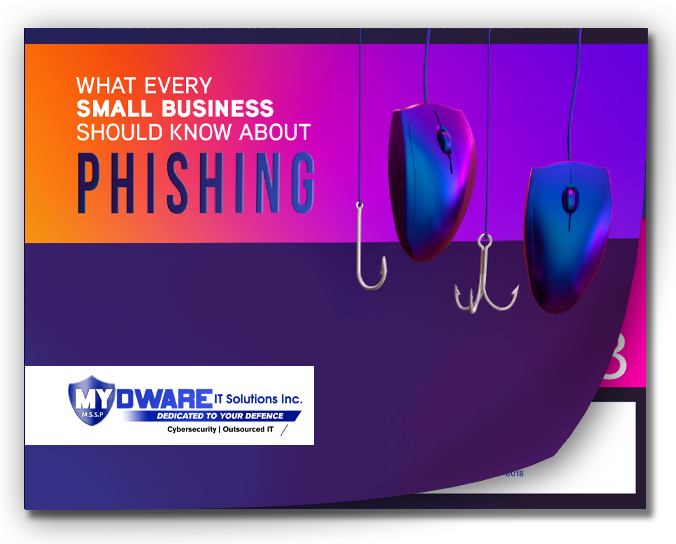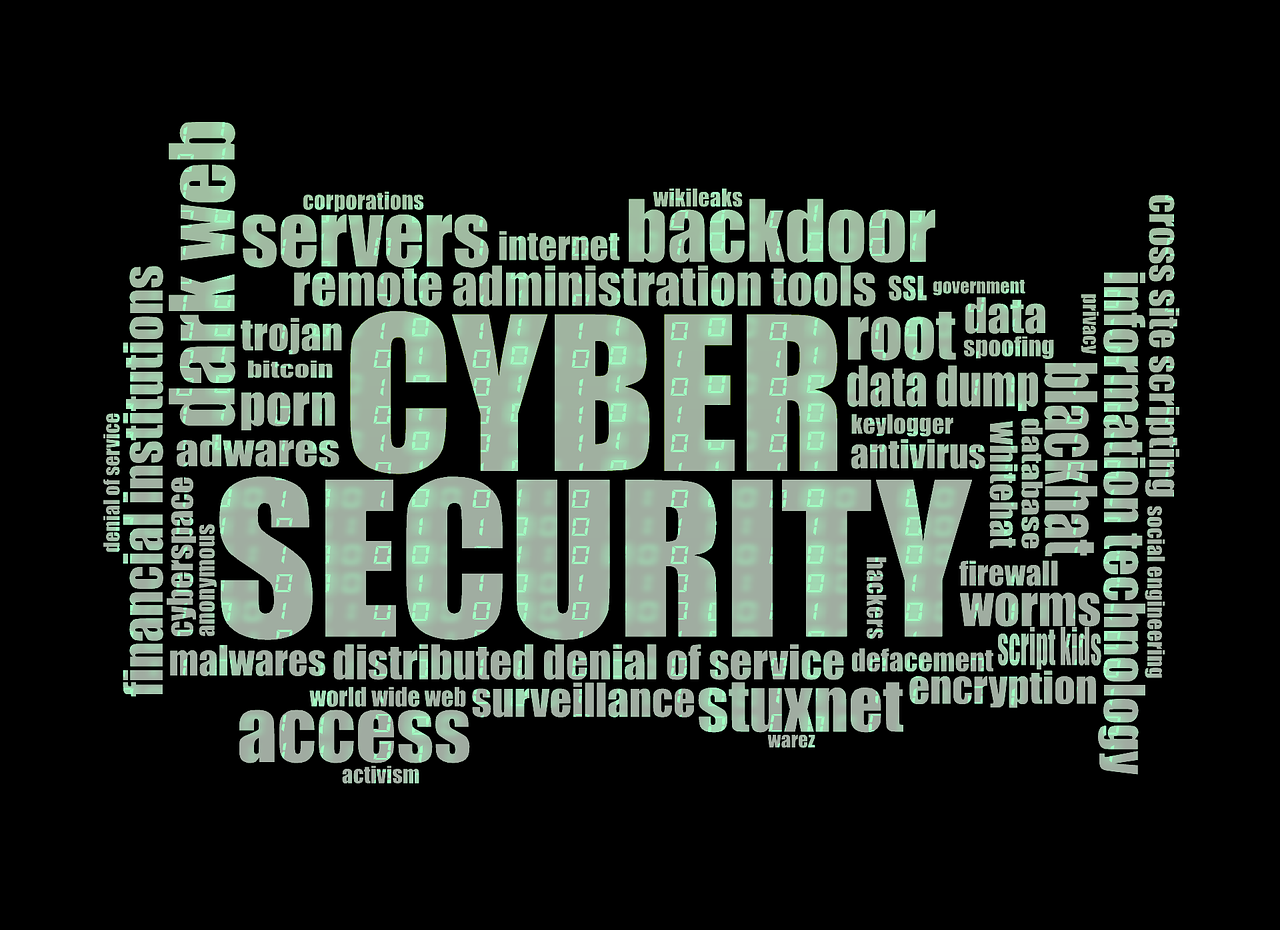 The holidays are a time for giving — and for scammers, that’s an open invitation. When generosity peaks, so does deception. Fraudsters thrive during the holidays, preying on good intentions with fake charities and donation schemes that look painfully real.
The holidays are a time for giving — and for scammers, that’s an open invitation. When generosity peaks, so does deception. Fraudsters thrive during the holidays, preying on good intentions with fake charities and donation schemes that look painfully real.
For small and mid-sized Canadian businesses, even one wrong move can cost more than money — it can damage reputation, client trust, and brand credibility. Before you hit “donate,” take a few steps to verify where your generosity is going.
Protect your business and your reputation before it’s too late — book a FREE cybersecurity risk assessment today.
How To Verify A Fundraiser Before You Give
Fraudulent fundraisers are designed to feel urgent, emotional, and legitimate. That’s what makes them effective. Legitimate fundraisers will always be transparent about who’s behind them, how donations are handled, and where the funds go.
Here’s what to look for before making a donation:
- Who is organizing the fundraiser, and what’s their relationship to the recipient?
- How will the funds be used, and what’s the timeline?
- Who can withdraw the funds?
- Are family or close friends publicly confirming the legitimacy of the campaign?
If any of these details are missing or unclear, pause. Silence or vague answers are the biggest red flags.
For a deeper dive into insider risks and hidden cybersecurity pitfalls, explore The Insider Threat Full Guide: What Your IT Provider Won’t Tell You.
Red Flags That Scream “Scam”
Scammers know how to pull emotional strings. Fake campaigns often use manipulative stories, stolen photos, and even cloned charity websites. Watch for these red flags before you give:
- Overly emotional or “too perfect” backstories
- Funds that don’t seem to reach recipients quickly
- Impersonation of legitimate charities or individuals
- Generic email addresses or fake contact information
When in doubt, research the campaign. If you find multiple warning signs, walk away — and report it.
Charity Scams: Not Just a Social Media Problem
Even established charities aren’t immune to bad actors. Some operate under vague financial practices or fail to disclose how donations are used. A reputable charity should make its financial breakdown, annual reports, and program details easy to find.
Search for reviews or complaints, and check if the charity’s website uses HTTPS encryption before donating. If something feels off, it probably is.
Get insights into what to expect in the coming year with Top 5 2025 Cybersecurity Predictions You Surely Need.
5 Common Tactics Used by Holiday Scammers
The tactics charity scammers use are identical to many business-targeted cyber scams — urgency, impersonation, and emotional pressure. Watch for:
1. Pressure to Donate Immediately
They’ll urge you to “act now” to prevent you from thinking.
2. Unsecure Websites
No “https” means your payment data could be exposed.
3. Unusual Payment Requests
Gift cards, wire transfers, or crypto are major red flags.
4. Fake Confirmation Emails
Scammers may claim you’ve donated before to trick you into “reconfirming.”
5. Copycat Charities
Fraudsters mimic the names of real charities with slight spelling changes.
Recognizing these patterns protects your business not just from scams — but from broader cyber threats that often start the same way.
Why This Matters for Your Business
When your business donates publicly, your reputation is tied to that act. A single fake fundraiser can drag your name into a fraud story and erode community trust. These scams don’t just steal money — they exploit your goodwill and brand credibility.
The same manipulation tactics used in fake charities are used in phishing, invoice scams, and ransomware attacks. Building a security-aware culture helps prevent both financial and reputational loss.
Learn why a trusted partner matters in Why Local IT Is Far Superior Than Corporate IT.
Keep Your Generosity Safe This Holiday Season
The holidays should be about giving back, not being taken advantage of. With the right checks and smart cybersecurity habits, you can ensure your generosity goes where it’s meant to. A quick verification process can save your business from financial loss and public embarrassment.
Don’t leave your reputation to chance — book a FREE cybersecurity risk assessment today. Because the best gift your business can give this holiday season is trust that can’t be stolen.
Darryl Cresswell
CEO & President
MYDWARE IT Solutions Inc.




